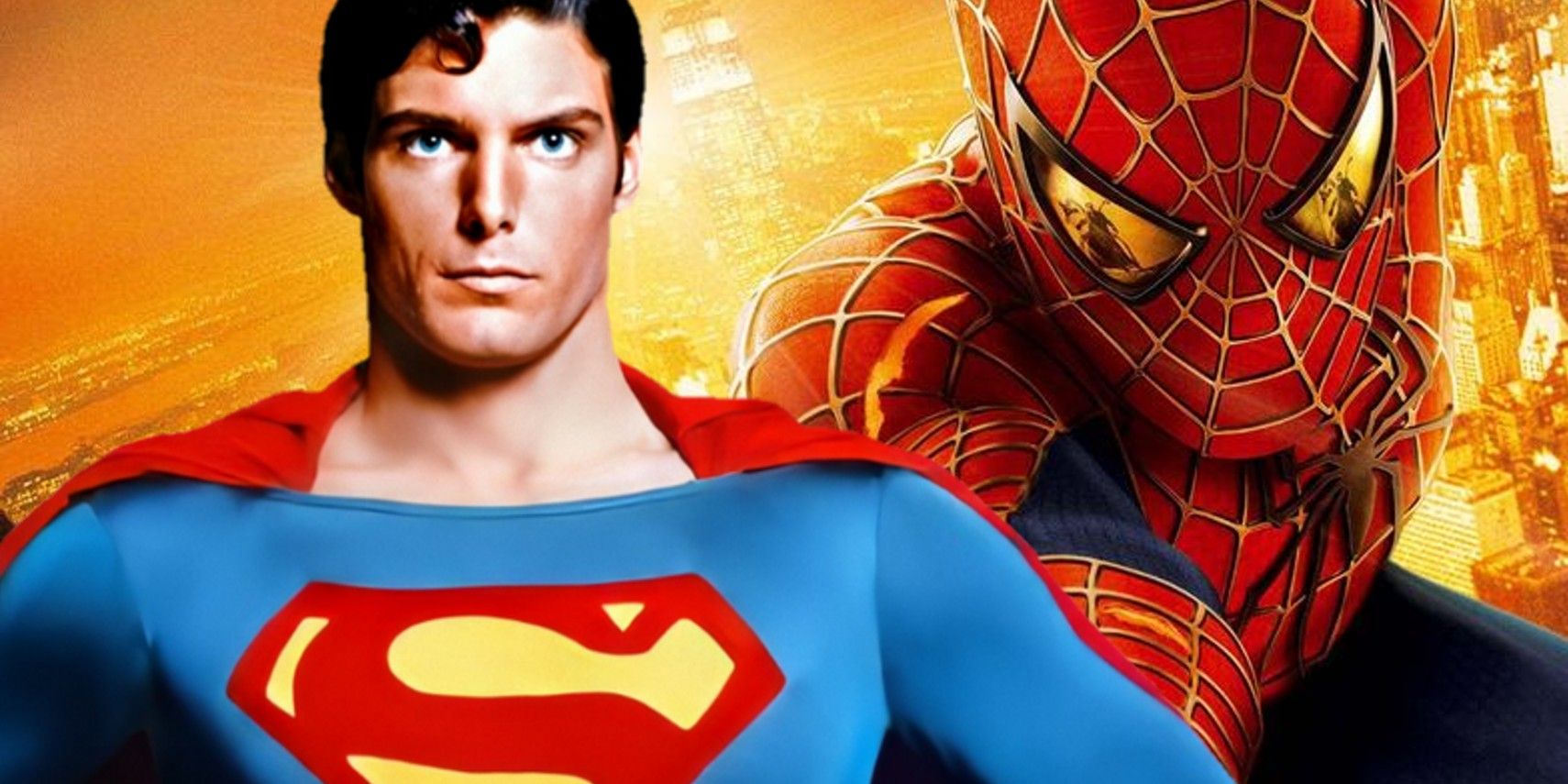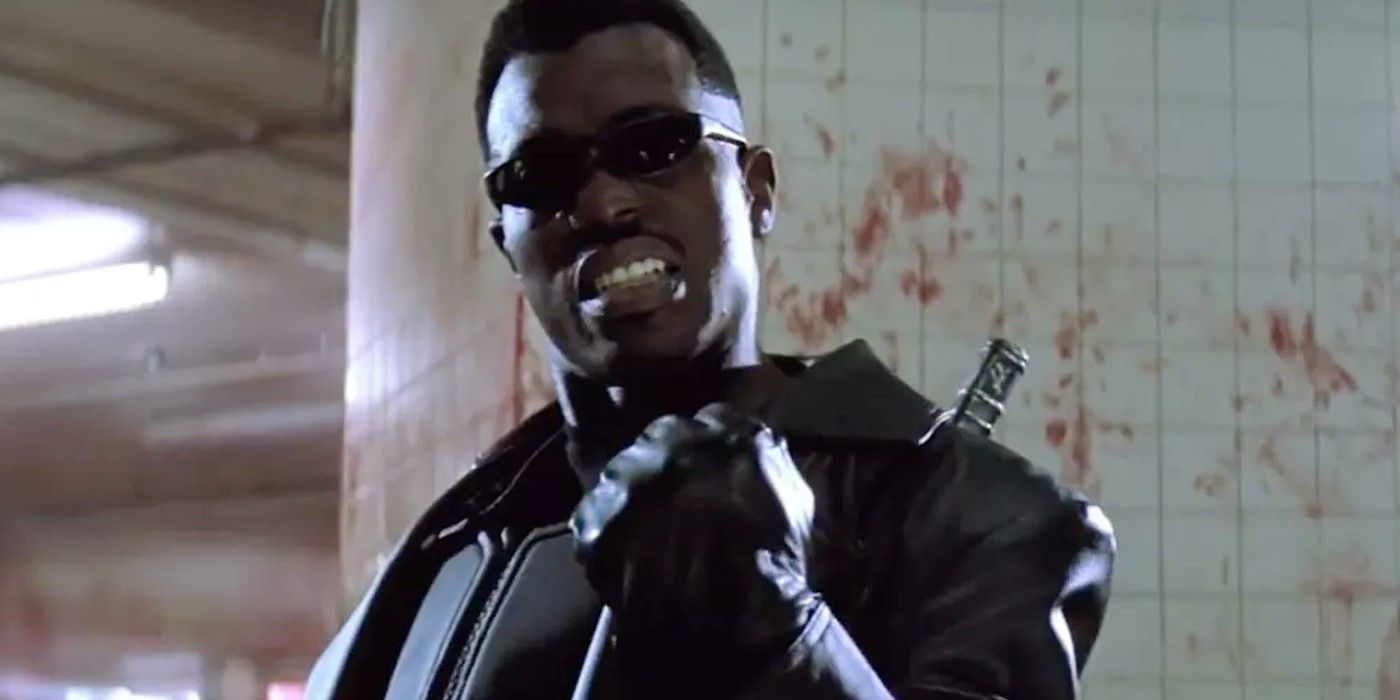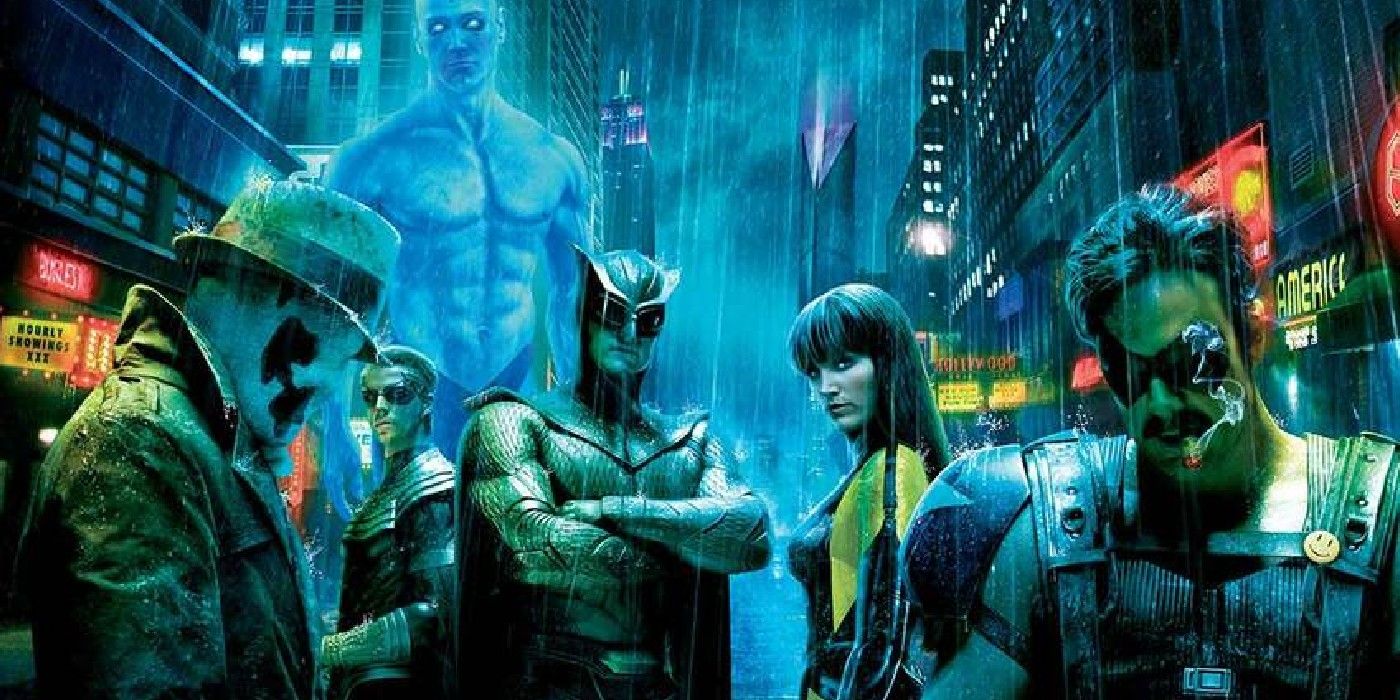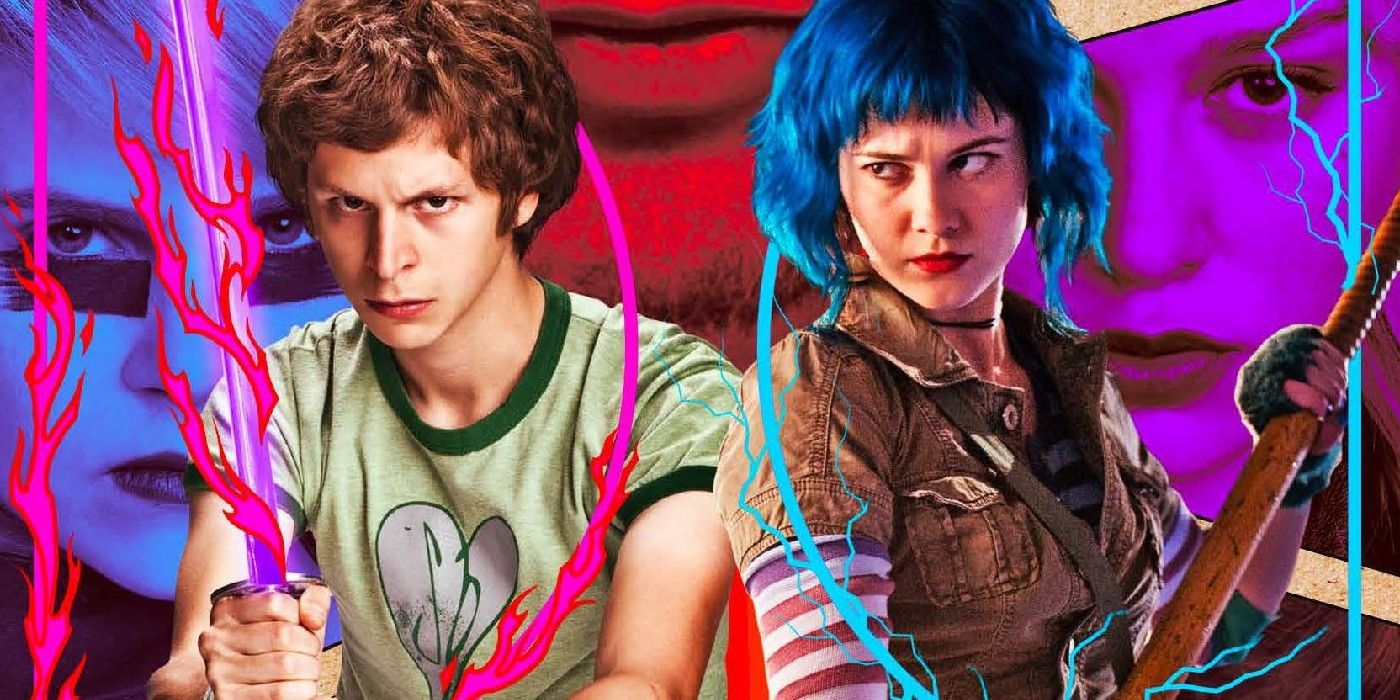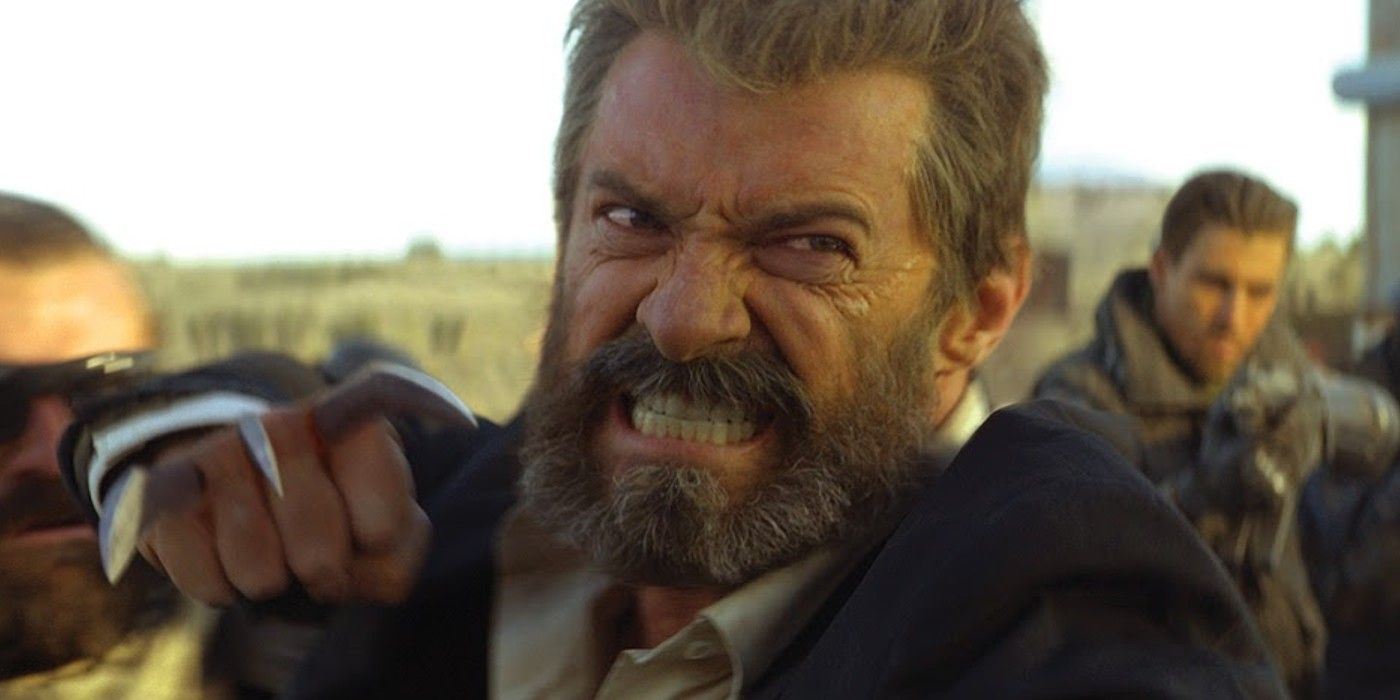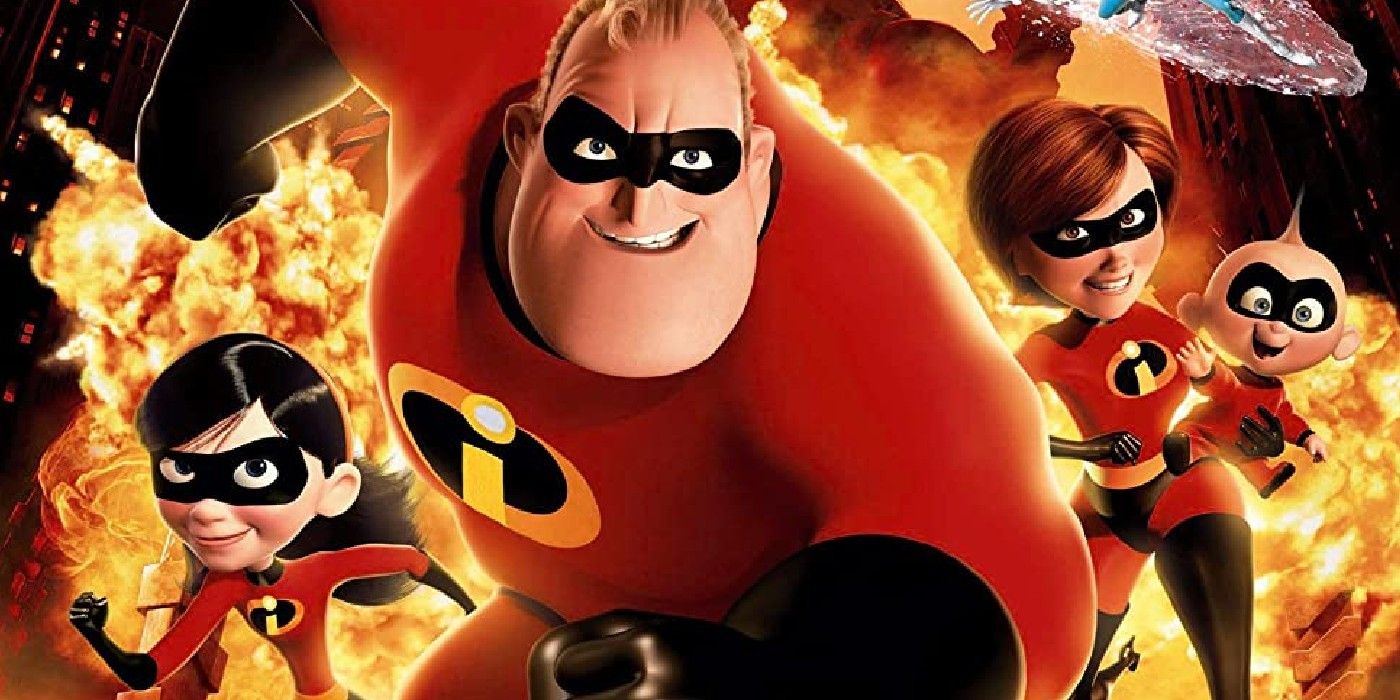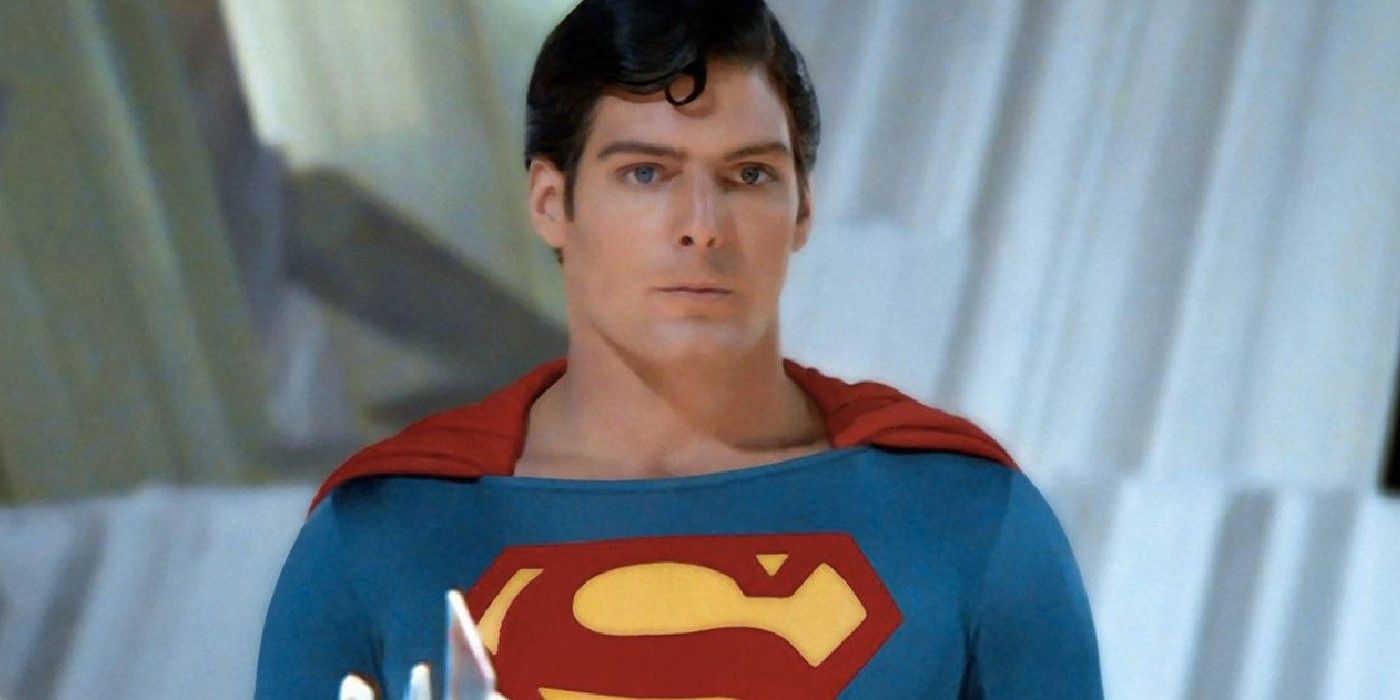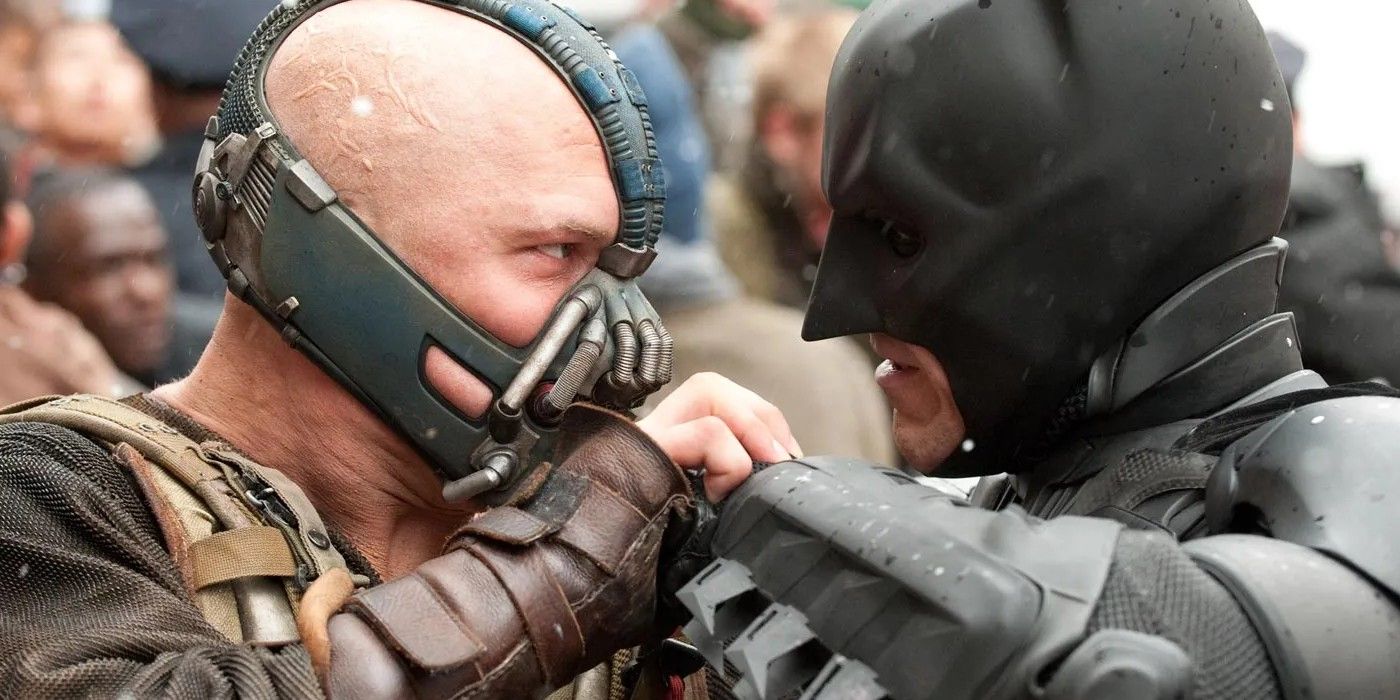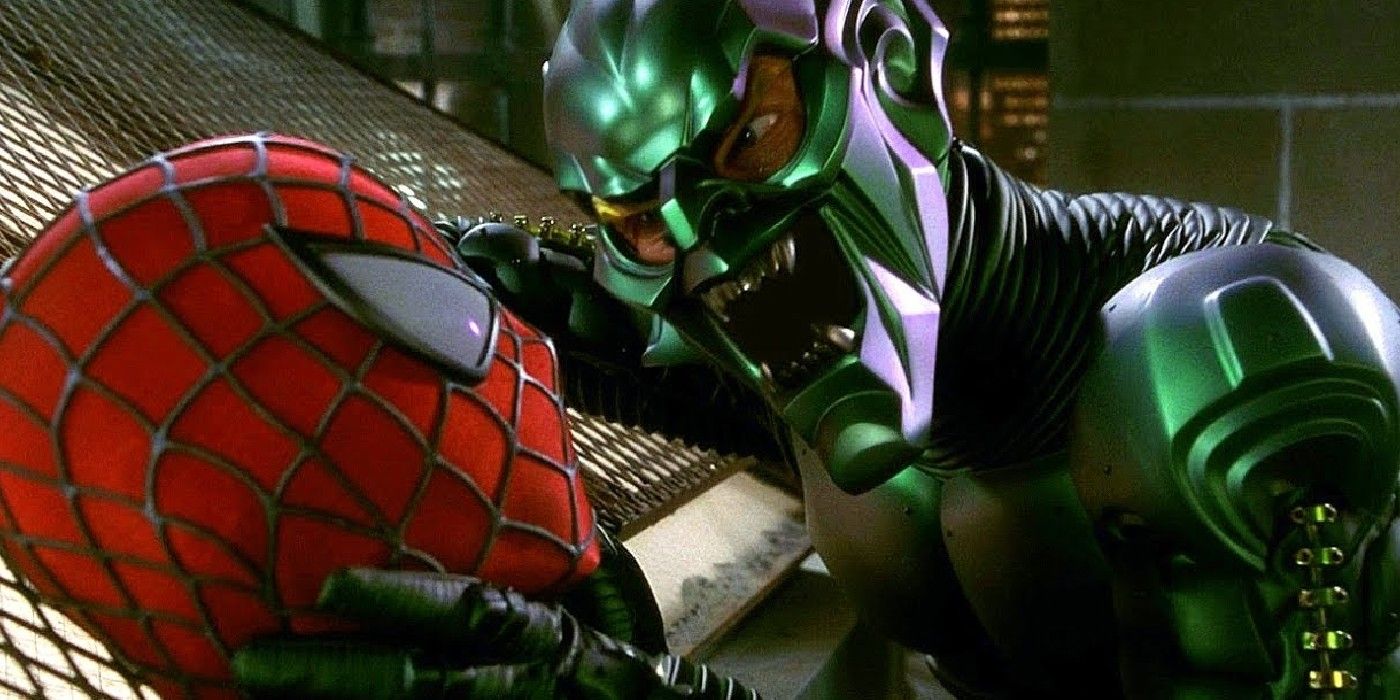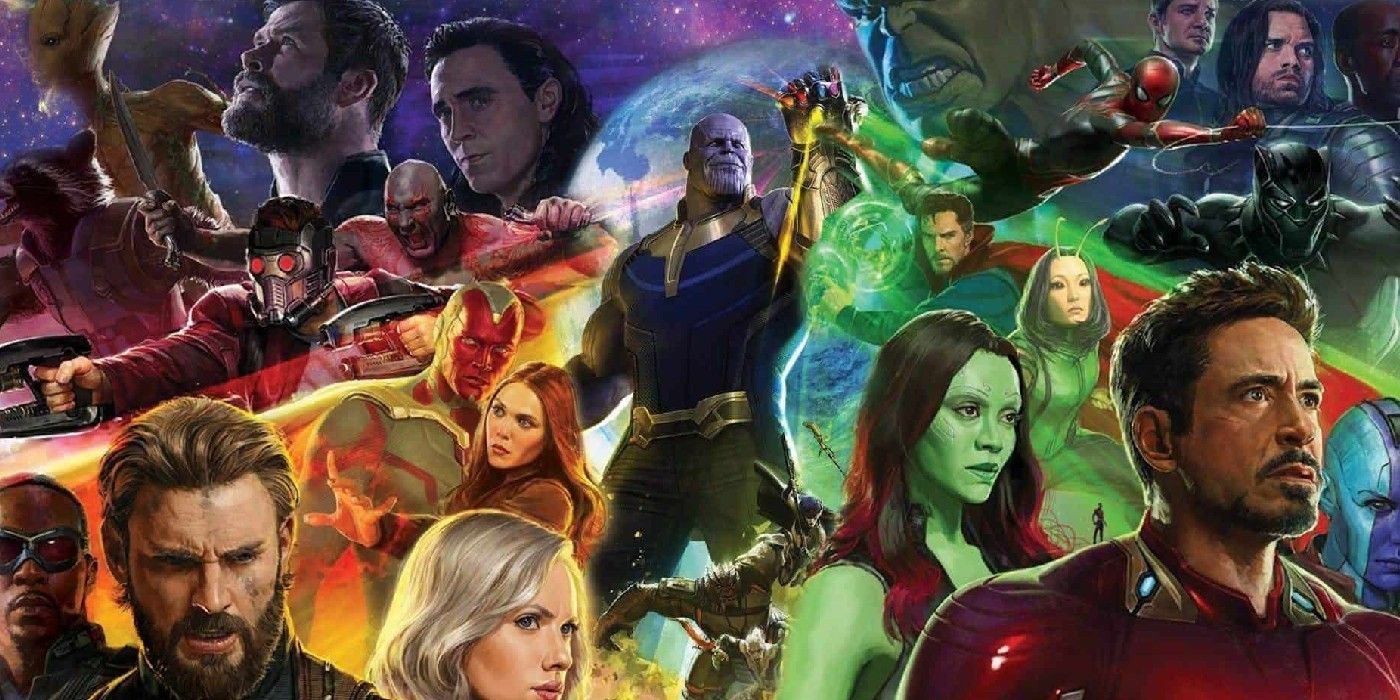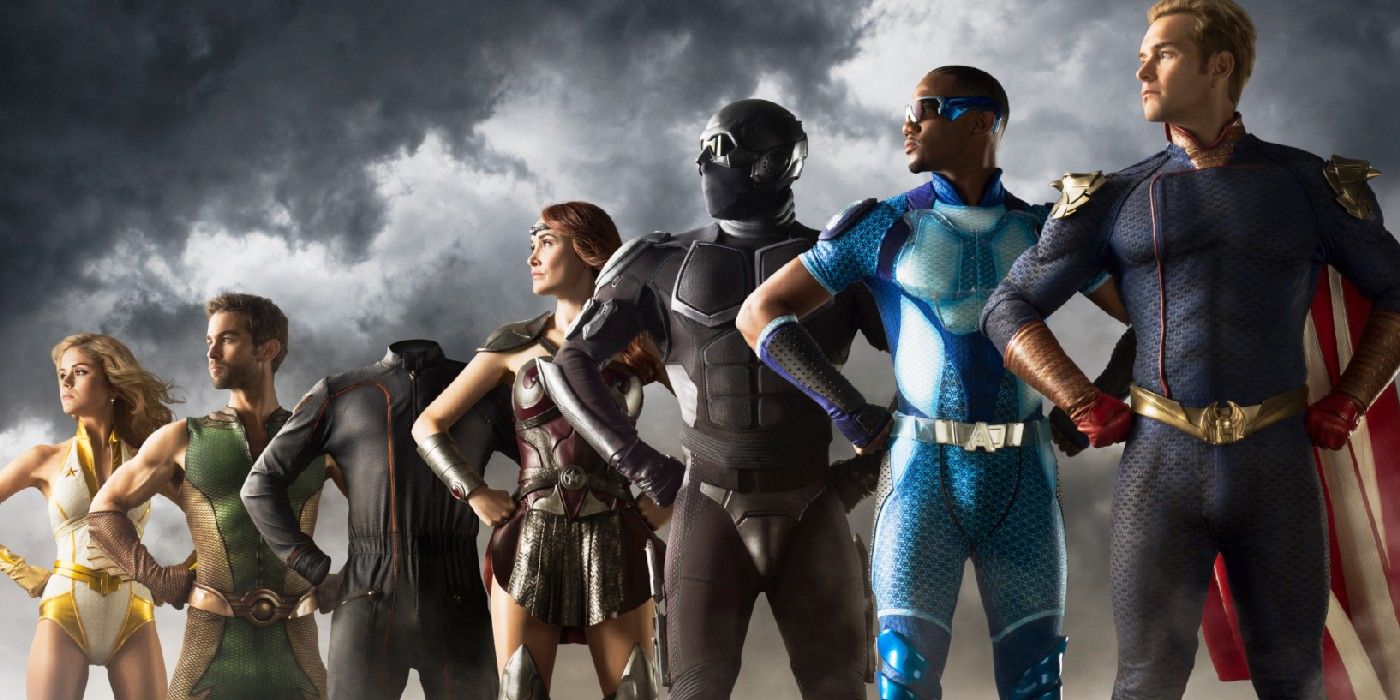The Marvel Cinematic Universe didn't just change the face of comic book movies forever, but the way movies are made and marketed as well. For better and worse, every superhero movie now leads up to a shared universe.
Because of this, some genre fans have become nostalgic for the pre-cinematic universe days. While not all of these movies were good or even enjoyably bad, some of their best traits could only be appreciated with post-MCU hindsight.
10 The R-Rating Wasn't A Big Deal
Since the MCU's goal is to appeal to as many viewers as it can, its movies understandably conform to a family-friendly PG-13 rating. A side effect of this is that studios actively discourage R-Rated superhero movies not just because of narrow-minded moralities, but mostly because of profit. This, however, wasn't always the case.
The MCU owes its existence to Blade, which crushed the box office in 1998 despite (or arguably because of) it being an R-Rated superhero/vampire movie. Similarly, the irreverent MCU-free Deadpool disproved producers' fears in 2016, and now its inclusion in the MCU is sparking fear rather than excitement because of the PG-13 constraints.
9 The Movies Didn't Need To Follow A Uniform Visual Style
One of the most dismissive criticisms against the MCU is that all its movies look too similar to one another, but there is some truth to it. Since they take place in a reality not too unlike our own, all MCU movies share a visual consistency in both production design and editing that's more grounded than imaginative. Even the wildly colorful Guardians Of The Galaxy has to follow this to an extent.
Meanwhile, older superhero movies embraced comics' artifice and camp. Movies like Batman And Robin, Ghost Rider: Spirit Of Vengeance, and Watchmen explored madcap visual styles thanks to a lack of an overbearing fashion. While their quality is subjective, these are still more visually arresting than something as bland as Ant-Man.
8 Superheroes Didn't Dominate The Comic Book Movie Scene
Superhero movies may be more popular than ever before, but the same can't be said for all comic book fiction. While the MCU helped dilute the stigma against superhero fiction, it left other comic genres in the dust. Some tried to adapt to the superhero formula (see: the Hellboy reboot) but only doomed themselves in doing so.
Because of their lack of franchise potential and longevity, adaptations like V For Vendetta are becoming rarer with each passing year. Before the MCU, superhero movies existed alongside other comic book adaptations, such as Ghost World, Sin City, Scott Pilgrim Vs. The World, and more. Today, superhero movies drowned them out.
7 There Used To Be More Room For Creative Risks
The MCU's tonal consistency is, paradoxically, its best and worst feature. Because of its status quo, MCU movies aren't allowed to deviate too much from the established age-appropriate formula of heroes stopping bad guys. Case in point, Eternals is currently the MCU's most critically divisive movie precisely because it subverted franchise norm.
This didn't burden older superhero movies, and the DCEU and X-Men movies did themselves a favor by taking this lesson to heart. After failing to expand into MCU-styled universes, they diverted to experiments like Joker and Logan. Not only are these two of the most successful superhero movies to date, but they're the kinds of things the MCU has yet to try out.
6 Original Superhero Movies Were Given A Chance To Shine
One of the adverse effects of the MCU's pop culture dominance is that every major studio wants its own MCU. Specifically, they want their own cinematic universes built on already existing comics characters, stories, and more (see: the DCEU). As a result, original superhero projects are barely acknowledged the way they used to be.
Part of the reason why movies like Darkman, Hancock, and The Incredibles were greenlit was because franchises and universes weren't the norm yet; superhero movies had yet to be treated like long-term investments. Now, even the most promising original superhero concepts won't be given the time of day if they can't guarantee at least two sequels.
5 The Movies Weren't Limited By Canon & Lore
Because it's one big ongoing story, the MCU is prone to having some chapters that are more relevant than others. Basically, some movies are just filler or feature-length Easter Eggs. This fate befell Ant-Man And The Wasp and Thor: The Dark World, which only really existed to introduce specific Infinity Stone-related mechanics.
In contrast, older superhero movies played loose with continuity instead of worrying about a bigger picture that would only see fruition a decade later. Case in point, the Christopher Reeve era of Superman movies. Clark Kent/Kal-El's feats and heroics were flexible, where each movie was its own thing and not set-ups for exposition and sequels.
4 Franchises & Multi-Part Stories Had A Sense Of Finality
One of the most enduring criticisms of the MCU is that it's a never-ending story. This is what denied Avengers: Endgame of its catharsis since, even after Thanos' and some Avengers' deaths, the MCU would still go on and eventually undermine Endgame's impact with bigger stakes that demote its sacrifices to mere stepping stones.
By accident, this is something that older superhero series have over the MCU. Since sequels weren't guaranteed the way they are today, older superhero series still needed each entry to be self-contained to an extent. The best example is the critically acclaimed The Dark Knight trilogy, where three mostly stand-alone movies linked up to form a complete story with a clear ending.
3 Characters Had More Time Grow On Audiences
These days, every superhero movie builds up to a team-up and/or crossover. As a result, secondary characters like Hawkeye can debut as early as 2011 but would have to wait until 2021 to get the spotlight. Either that or they're barely developed because their usefulness extended to just one movie (see: most MCU villains).
Because the hero's friends and foes weren't being readied for hypothetical follow-ups, older superhero movies benefited from having better developed casts. For example the first Spider-Man fleshed out Peter Parker and his supporting characters instead of saving their developments for later, with the sequels feeling more like bonuses than necessities.
2 Genre Oversaturation Had Yet To Be A Problem To Worry About
Regardless of the quality of the MCU Phase 4's upcoming entries, it's hard not to agree with the feeling that audiences are getting too much of a good thing. By the way things are going, it seems as if the MCU will go on forever, both in theaters and TV. As a result, what once was magical about superhero media is now routine.
This was never a problem in the pre-Iron Man days because superhero movies were still as niche as the comics they were based on. Whether it was as legendary as Superman or as hilariously bad as Catwoman, older superhero movies could be enjoyed in a vacuum of novelty where their mere existence had yet to test more jaded viewers' patience.
1 Even The Deconstructions Weren't As Stale As They Are Today
One of the most popular forms of superhero fiction of recent memory is the deconstruction, which is founded on the idea that the inherently fanciful and escapist MCU needs a reality check. Whether it's adaptations like The Boys and Invincible or originals like Brightburn and Project Power, superheroes were given a wake-up call few asked for.
Thing is, they're surface-level at best. These edgy demolition jobs rarely go beyond being mean-spirited retorts to the MCU that overuse the kinds of explicit content and themes that Marvel movies avoid — a step down from smarter and nuanced pre-Avengers genre critiques like Unbreakable and even Mystery Men. At this rate, edgy deconstructions are just as cliché as their targets.

